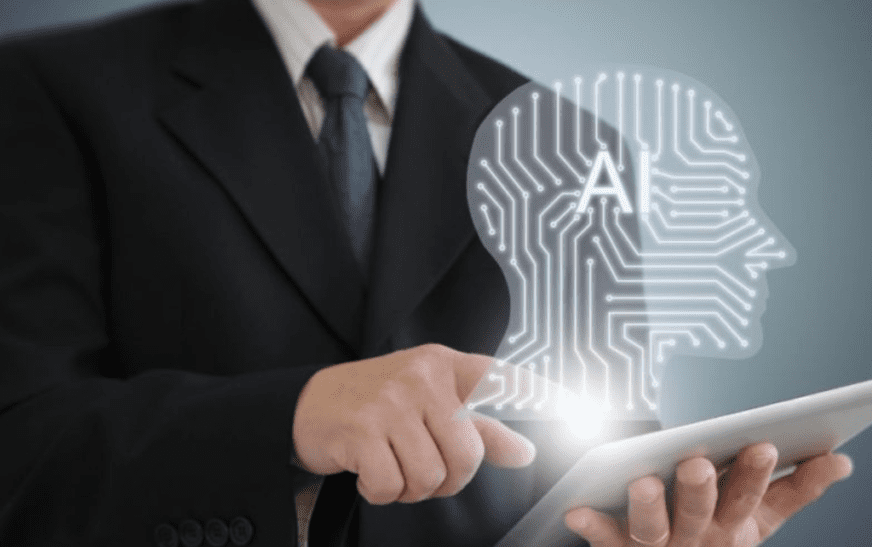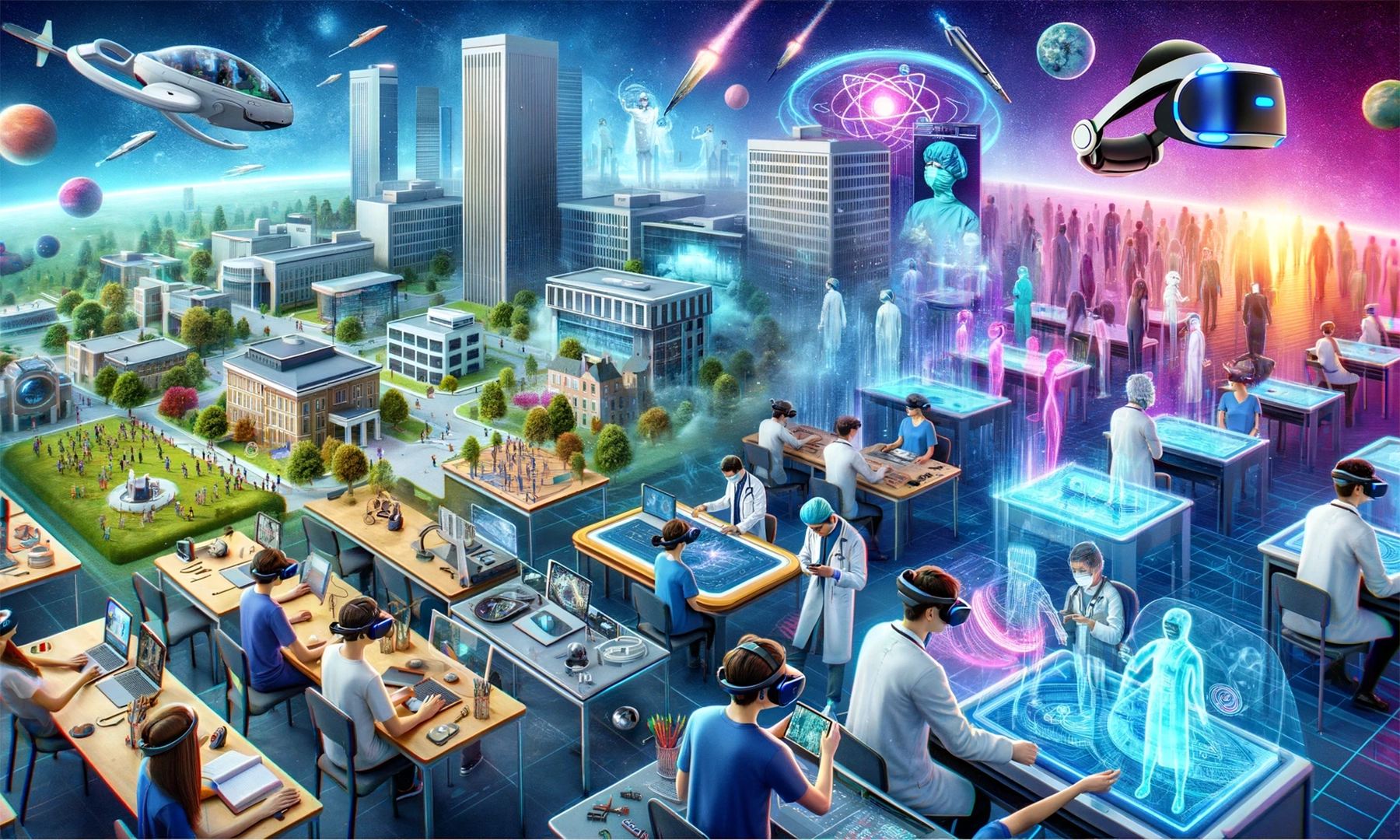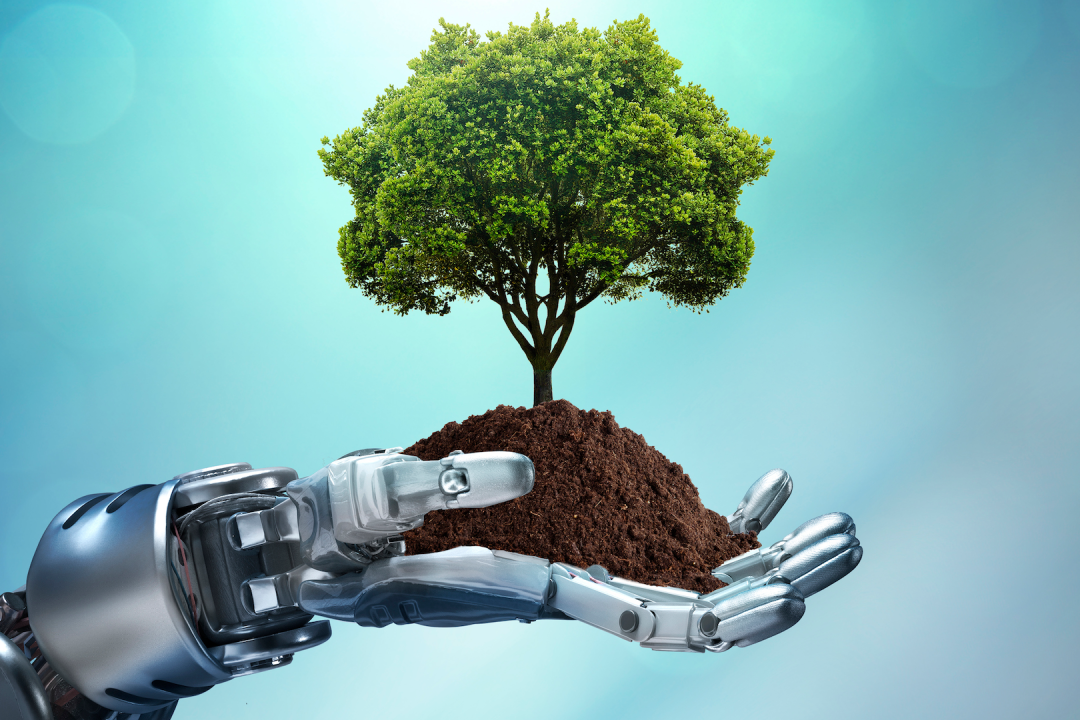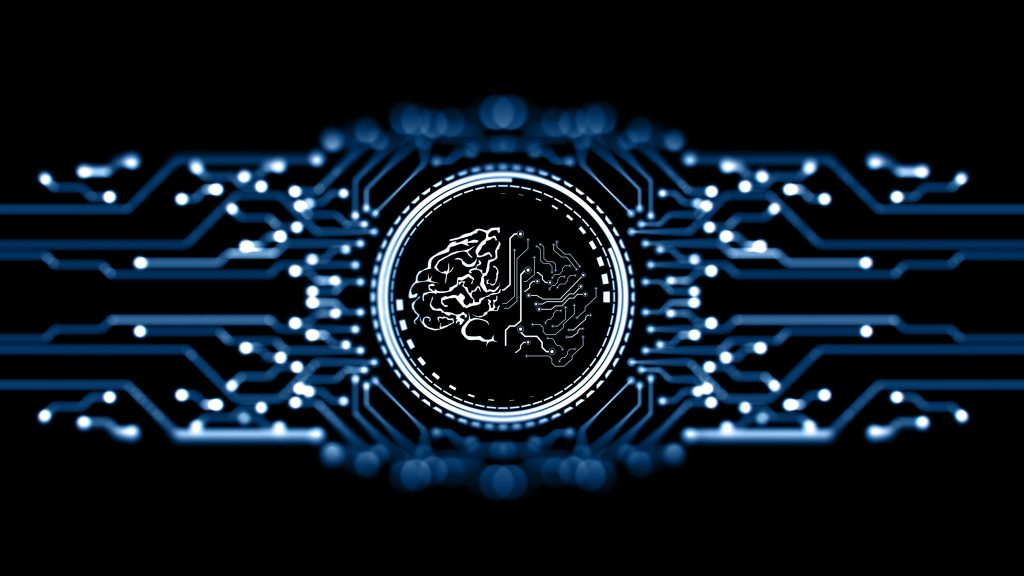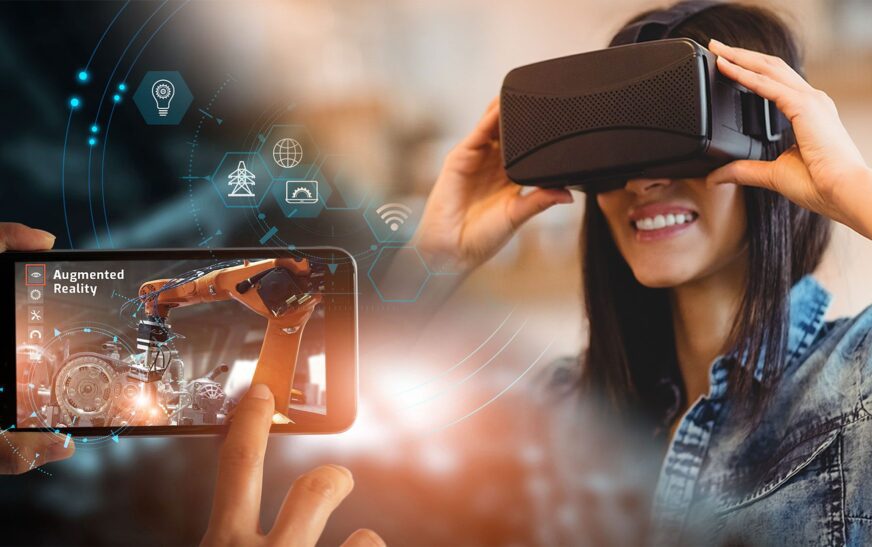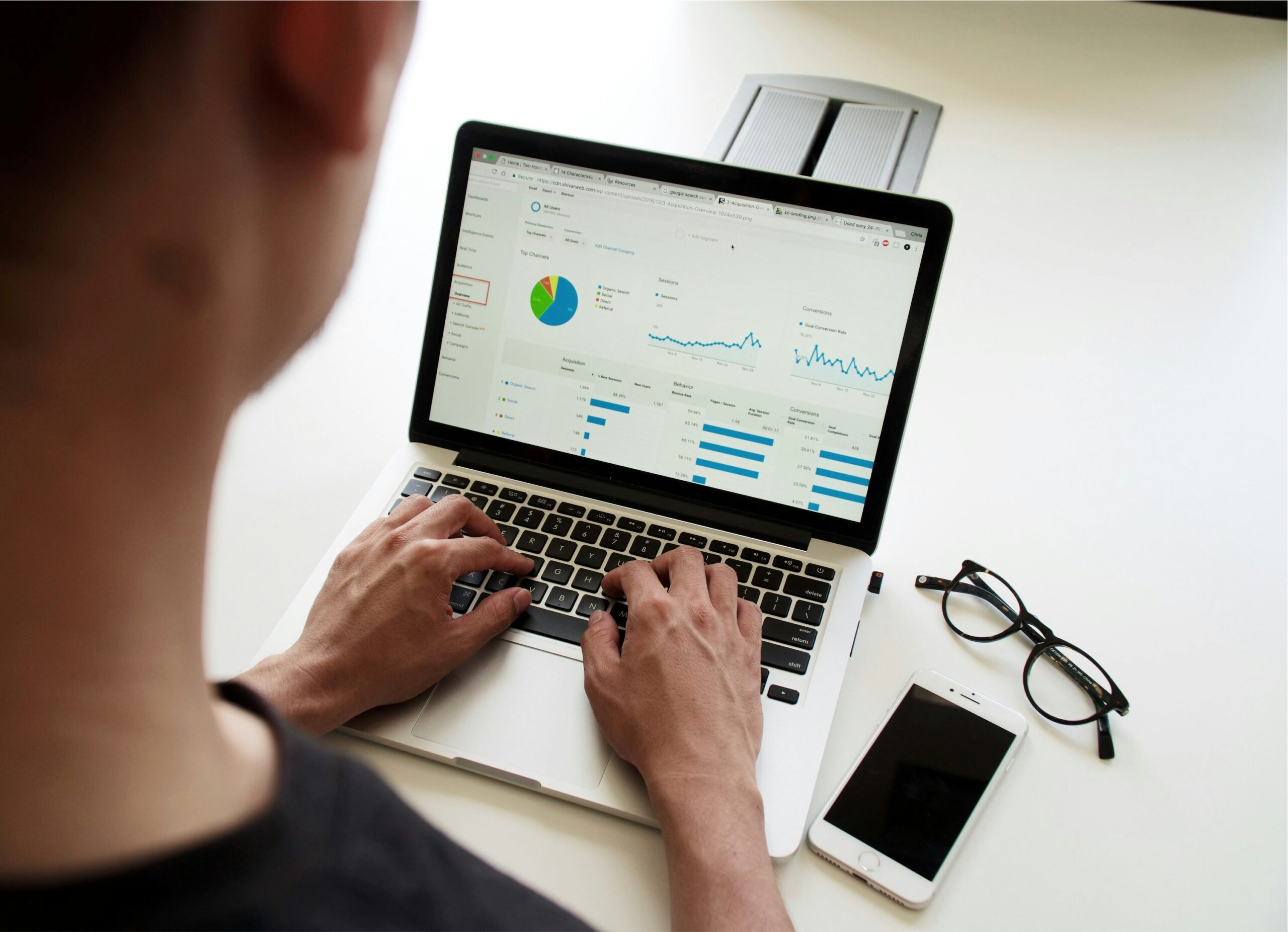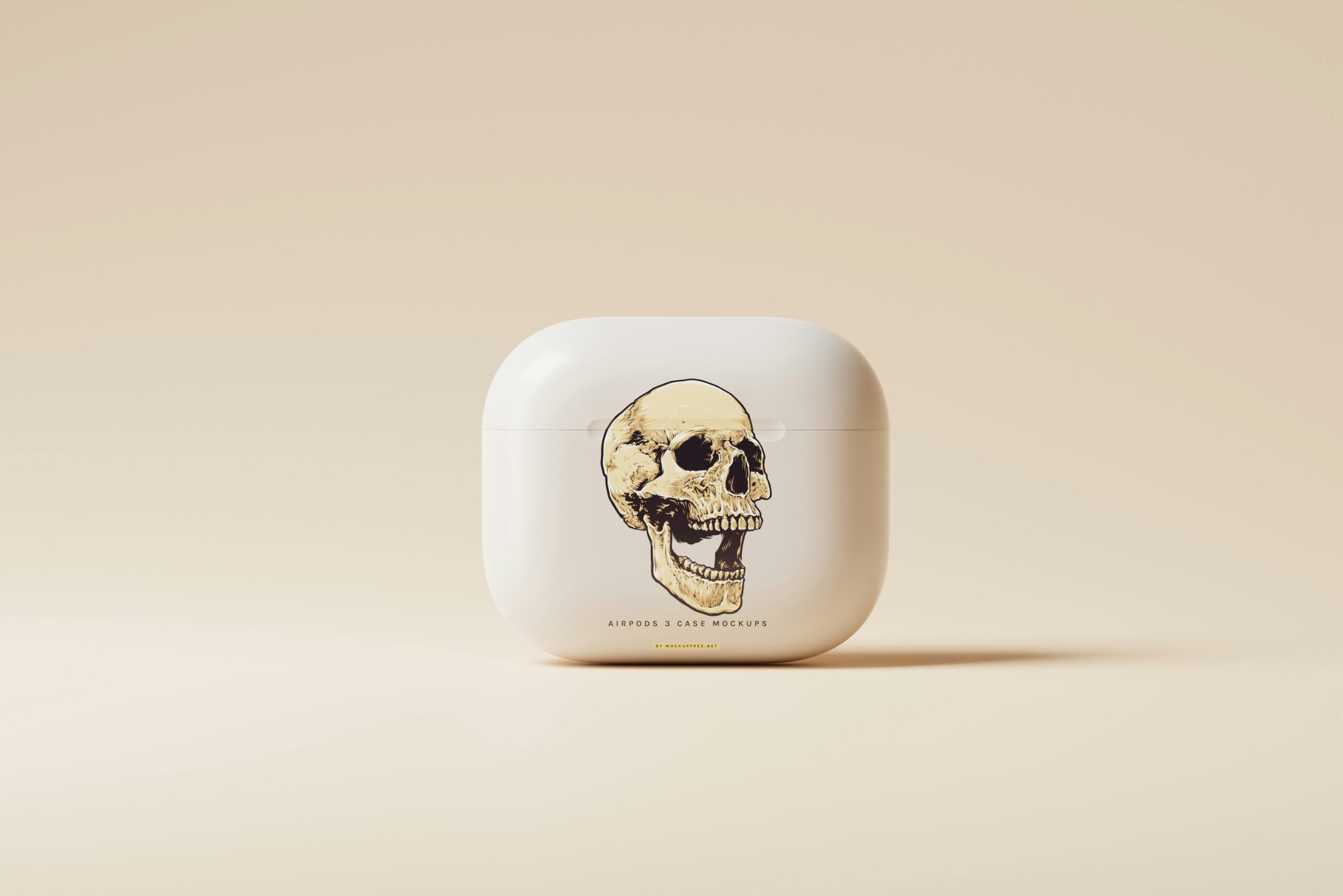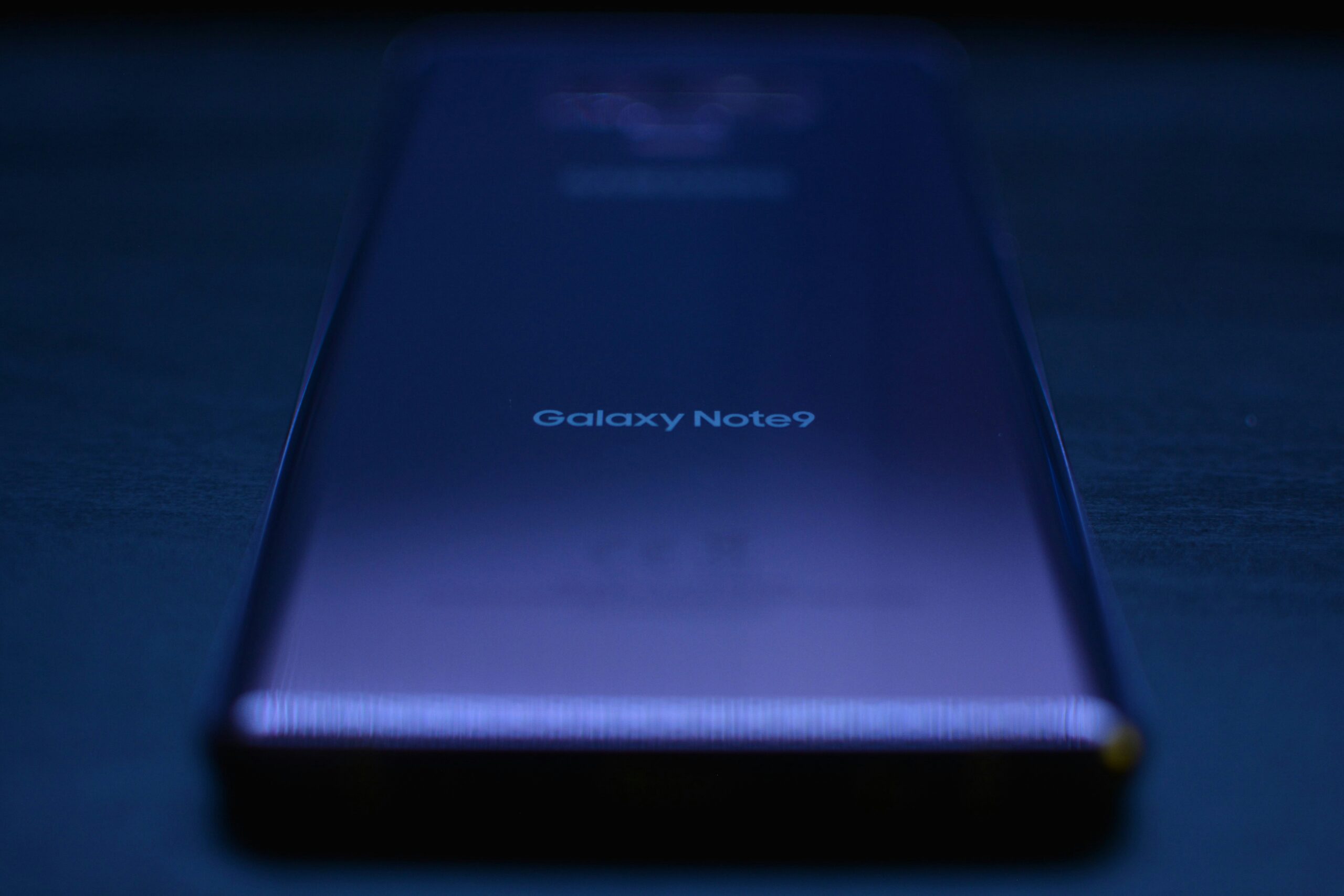Introduction to AI in HR

The world of Human Resources is undergoing a seismic shift. At the heart of this transformation lies Artificial Intelligence (AI), a game-changing technology that’s revolutionizing how organizations manage their workforce. From streamlining recruitment processes to enhancing employee engagement, AI is reshaping every facet of HR. But what does this mean for professionals in the field? Are we witnessing the rise of machines at the expense of human touch, or can these tools work alongside us to create better workplaces? Let’s dive into how AI is making waves in HR and what it means for both employees and employers alike.
Advantages of using AI in HR
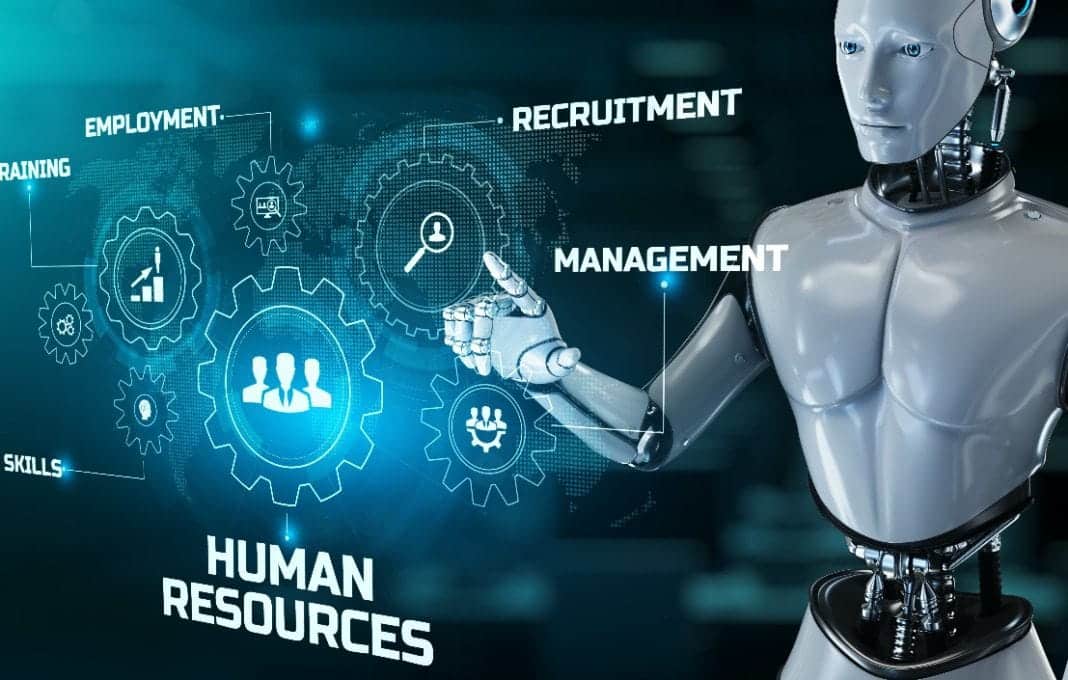
AI brings a wealth of advantages to Human Resources, transforming traditional practices into streamlined processes. One key benefit is efficiency. Automated systems can handle repetitive tasks like data entry and scheduling, freeing up HR professionals to focus on strategic initiatives.
Another major advantage lies in data analytics. AI tools analyze large volumes of employee data quickly, providing insights that help organizations make informed decisions about talent management and workforce planning.
Additionally, AI enhances candidate sourcing by utilizing algorithms to match job descriptions with applicant profiles more effectively than manual methods. This leads to better hires and reduced turnover rates.
Embracing AI fosters inclusivity by mitigating unconscious bias during recruitment phases. By relying on objective criteria rather than human intuition alone, companies can build diverse teams that reflect a broader range of perspectives and experiences.
Challenges and concerns surrounding AI in HR
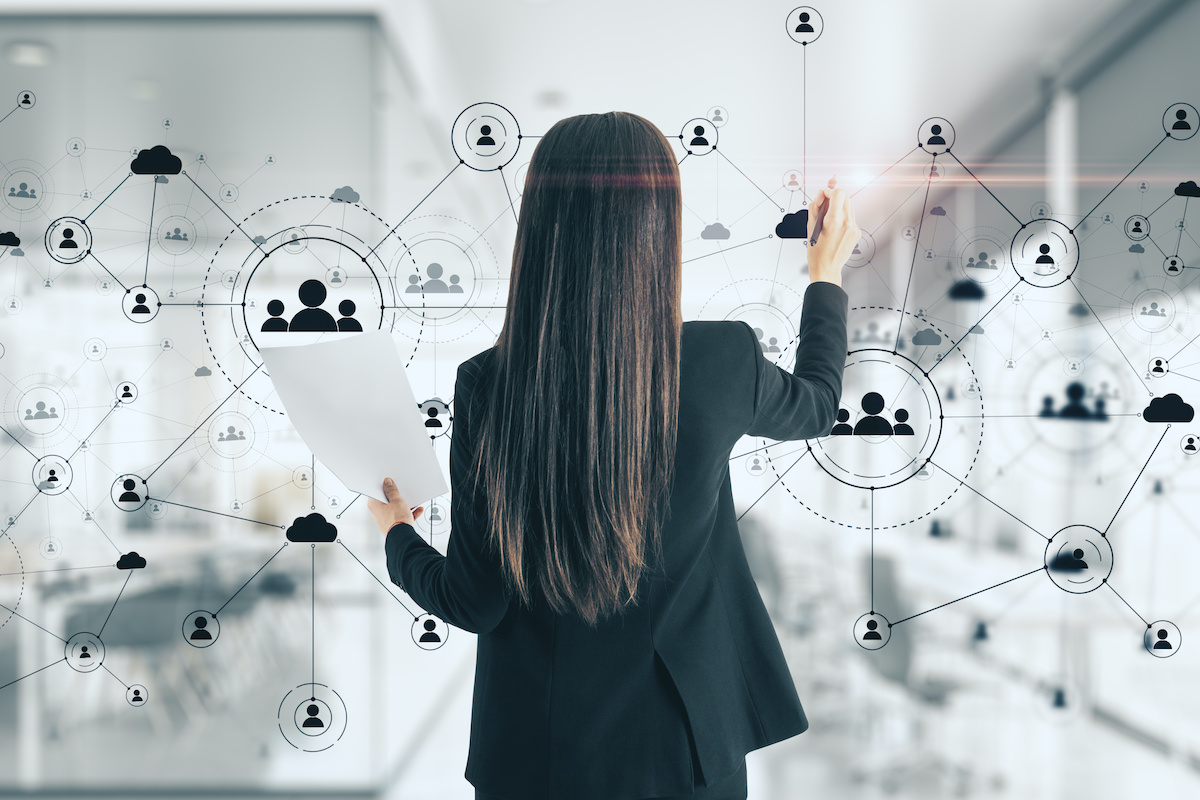
The rise of AI in HR brings its own set of challenges. One significant concern is bias in algorithms. If the data used to train these systems reflects existing prejudices, it can perpetuate discrimination in hiring and promotions.
Data privacy also poses a critical issue. Employees may feel uncomfortable knowing their information is processed by AI tools. Transparency about how this data is used becomes essential to build trust.
Moreover, the human element risks being overshadowed by technology. Over-reliance on AI could lead to a lack of empathy in decision-making processes, which are crucial for employee well-being.
There’s the challenge of implementation. Integrating new technology into established HR practices requires time and training, both of which can strain resources if not managed effectively.
Current trends and developments in AI for HR
The landscape of AI in human resources is evolving rapidly. Companies are increasingly adopting AI-driven platforms to streamline various HR functions. Machine learning algorithms analyze vast amounts of data, identifying patterns that help in talent acquisition and employee engagement.
Another exciting trend is the rise of chatbots for HR support. These virtual assistants provide instant responses to common employee queries, enhancing communication efficiency within organizations.
Predictive analytics is also making waves. By forecasting turnover and performance metrics, businesses can proactively address issues before they escalate.
Moreover, personalization is key. Tailored onboarding experiences powered by AI ensure new hires feel welcome and valued from day one.
As technology advances, integration with existing systems becomes smoother, enabling a cohesive approach to managing human resources more effectively than ever before.
Applications of AI in recruitment and hiring
AI is revolutionizing recruitment and hiring in remarkable ways. Automated resume screening streamlines the selection process, allowing HR teams to focus on high-potential candidates. Algorithms analyze qualifications faster than any human could.
Chatbots play a vital role too. They engage with candidates 24/7, answering questions and scheduling interviews. This not only enhances candidate experience but also reduces administrative burdens for recruiters.
Predictive analytics are another powerful tool in this space. By evaluating historical data, AI can foresee which applicants are likely to succeed in specific roles. This leads to more informed hiring decisions.
Moreover, AI helps eliminate biases by focusing solely on skills and experience rather than demographic factors. The result is a fairer recruitment process that promotes diversity within organizations.
With these applications constantly evolving, it’s clear that AI has become an indispensable partner for HR professionals navigating today’s competitive landscape.
Improving employee experience with AI-driven tools
AI-driven tools are revolutionizing the employee experience by providing personalized support and resources. From chatbots that answer HR queries instantly to platforms that tailor learning opportunities, technology is making everyday tasks easier.
These tools can analyze employee feedback in real-time, allowing organizations to adapt quickly to concerns. By understanding sentiments, companies can foster a more positive workplace culture.
Moreover, AI enhances onboarding processes. New hires receive customized schedules and training modules based on their roles. This streamlined approach helps employees feel welcomed and prepared from day one.
Performance tracking has also transformed with AI capabilities. Regular feedback becomes seamless, guiding professional development tailored to individual strengths and weaknesses.
With these advancements, organizations are not just investing in efficiency; they’re cultivating an environment where employees thrive. A thoughtful integration of AI enriches engagement while reducing monotony in daily operations.
The future of AI in HR and potential impact on the workforce
The future of AI in HR promises a transformative shift in how organizations operate. As technology advances, we can expect sophisticated algorithms to handle complex tasks with ease.
Automation will streamline various processes, allowing HR professionals to focus on strategic decision-making rather than mundane activities. This means more time for fostering workplace culture and enhancing employee engagement.
AI’s predictive capabilities may revolutionize talent management. By analyzing data patterns, companies can foresee workforce needs and tailor development programs accordingly.
However, the integration of AI also raises questions about job displacement. While some roles may become obsolete, new opportunities will emerge that require a blend of tech-savvy skills and human insight.
In this evolving landscape, collaboration between humans and machines could lead to more efficient work environments. Emphasizing adaptability will be crucial as businesses navigate these changes and harness the full potential of AI technologies.
Conclusion: Balancing technology with human touch in HR
As AI continues to reshape human resources, it’s essential to find the right balance between technology and the human touch. While automation can streamline processes and enhance efficiency, the essence of HR lies in understanding people.
AI tools offer incredible potential for data analysis and decision-making. However, they cannot fully replace empathy or intuition—qualities that are vital for effective communication and relationship-building within the workforce.
Organizations should integrate AI thoughtfully, ensuring that these technologies support rather than supplant interpersonal connections. Training staff to work alongside AI can help foster a culture where both innovation and humanity coexist.
The future will see an evolution in how teams collaborate with machines. Embracing this shift requires a commitment to maintaining genuine relationships among employees while leveraging advanced technology’s capabilities.
Balancing these elements will ultimately lead to more cohesive workplaces where both efficiency and emotional intelligence thrive together.

